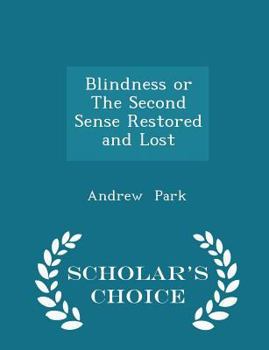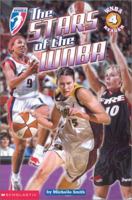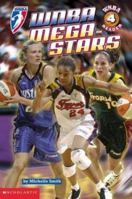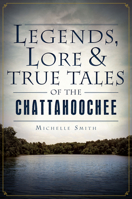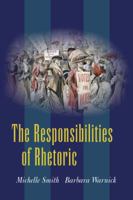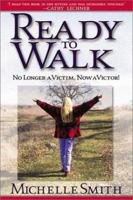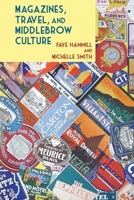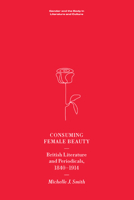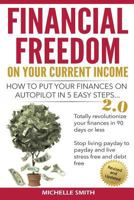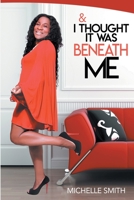Blindness or the Second Sense Restored and Lost - Scholar's Choice Edition
Select Format
Select Condition 
Book Overview
This scarce antiquarian book is a facsimile reprint of the original. Due to its age, it may contain imperfections such as marks, notations, marginalia and flawed pages. Because we believe this work is culturally important, we have made it available as part of our commitment for protecting, preserving, and promoting the world's literature in affordable, high quality, modern editions that are true to the original work. This description may be from another edition of this product.
Format:Paperback
Language:English
ISBN:1297083601
ISBN13:9781297083600
Release Date:February 2015
Publisher:Scholar's Choice
Length:262 Pages
Weight:1.04 lbs.
Dimensions:0.6" x 7.4" x 9.7"
More by Michelle Smith
Customer Reviews
3 customer ratings | 2 reviews
There are currently no reviews. Be the first to review this work.











